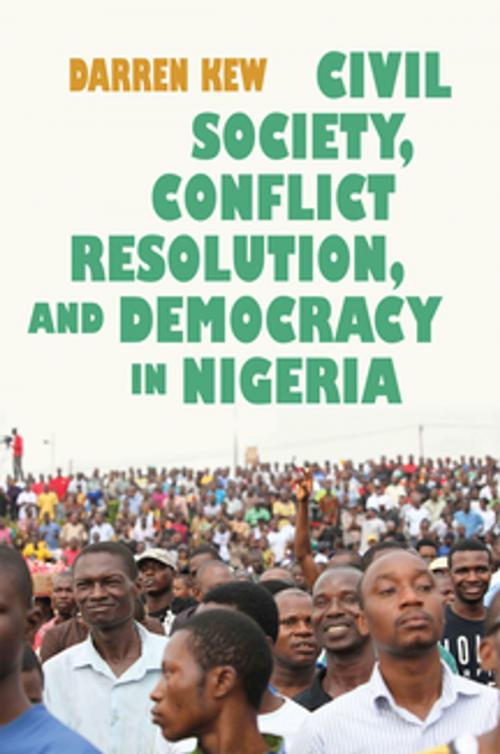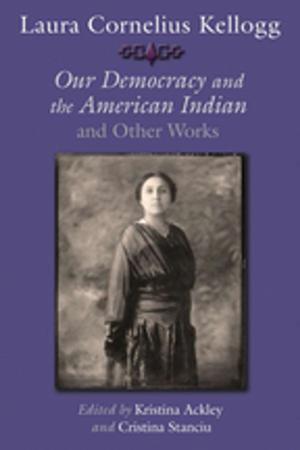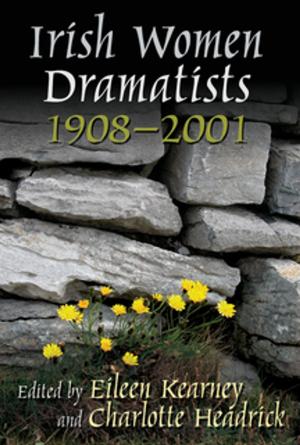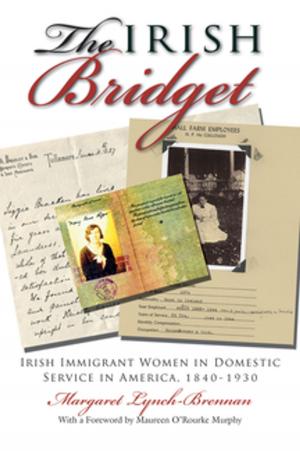Civil Society, Conflict Resolution, and Democracy in Nigeria
Nonfiction, Social & Cultural Studies, Political Science, Government, Democracy, History, Africa| Author: | Darren Kew | ISBN: | 9780815653677 |
| Publisher: | Syracuse University Press | Publication: | May 31, 2016 |
| Imprint: | Syracuse University Press | Language: | English |
| Author: | Darren Kew |
| ISBN: | 9780815653677 |
| Publisher: | Syracuse University Press |
| Publication: | May 31, 2016 |
| Imprint: | Syracuse University Press |
| Language: | English |
African nations have watched the recent civic dramas of the Arab Spring and Occupy Wall Street asking if they too will see similar civil society actions in their own countries. Nigeria—Africa’s most populous nation—has long enjoyed one of the continent’s most vibrant civil society spheres, which has been instrumental in political change. Initially viewed as contributing to democracy’s development, however, civil society groups have come under increased scrutiny by scholars and policymakers. Do some civil society groups promote democracy more effectively than others? And if so, which ones, and why?
By examining the structure, organizational cultures, and methods of more than one hundred Nigerian civil society groups, Kew finds that the groups that best promote democratic development externally are themselves internally democratic. Specifically, the internally democratic civil society groups build more sustainable coalitions to resist authoritarian rule; support and influence political parties more effectively; articulate and promote public interests in a more negotiable fashion; and, most importantly, inculcate democratic norms in their members, which in turn has important democratizing impacts on national political cultures and institutions. Further, internally democratic groups are better able to resolve ethnic differences and ethnic-based tensions than their undemocratically structured peers.
This book is a deeply comprehensive account of Nigerian civil society groups in the late twentieth and early twenty-first centuries. Kew blends democratic theory with conflict resolution methodologies to argue that the manner in which groups—and states—manage internal conflicts provides an important gauge as to how democratic their political cultures are. The conclusions will allow donors and policymakers to make strategic decisions in their efforts to build a democratic society in Nigeria and other regions.
African nations have watched the recent civic dramas of the Arab Spring and Occupy Wall Street asking if they too will see similar civil society actions in their own countries. Nigeria—Africa’s most populous nation—has long enjoyed one of the continent’s most vibrant civil society spheres, which has been instrumental in political change. Initially viewed as contributing to democracy’s development, however, civil society groups have come under increased scrutiny by scholars and policymakers. Do some civil society groups promote democracy more effectively than others? And if so, which ones, and why?
By examining the structure, organizational cultures, and methods of more than one hundred Nigerian civil society groups, Kew finds that the groups that best promote democratic development externally are themselves internally democratic. Specifically, the internally democratic civil society groups build more sustainable coalitions to resist authoritarian rule; support and influence political parties more effectively; articulate and promote public interests in a more negotiable fashion; and, most importantly, inculcate democratic norms in their members, which in turn has important democratizing impacts on national political cultures and institutions. Further, internally democratic groups are better able to resolve ethnic differences and ethnic-based tensions than their undemocratically structured peers.
This book is a deeply comprehensive account of Nigerian civil society groups in the late twentieth and early twenty-first centuries. Kew blends democratic theory with conflict resolution methodologies to argue that the manner in which groups—and states—manage internal conflicts provides an important gauge as to how democratic their political cultures are. The conclusions will allow donors and policymakers to make strategic decisions in their efforts to build a democratic society in Nigeria and other regions.















